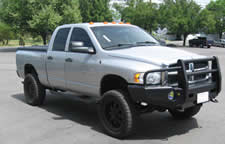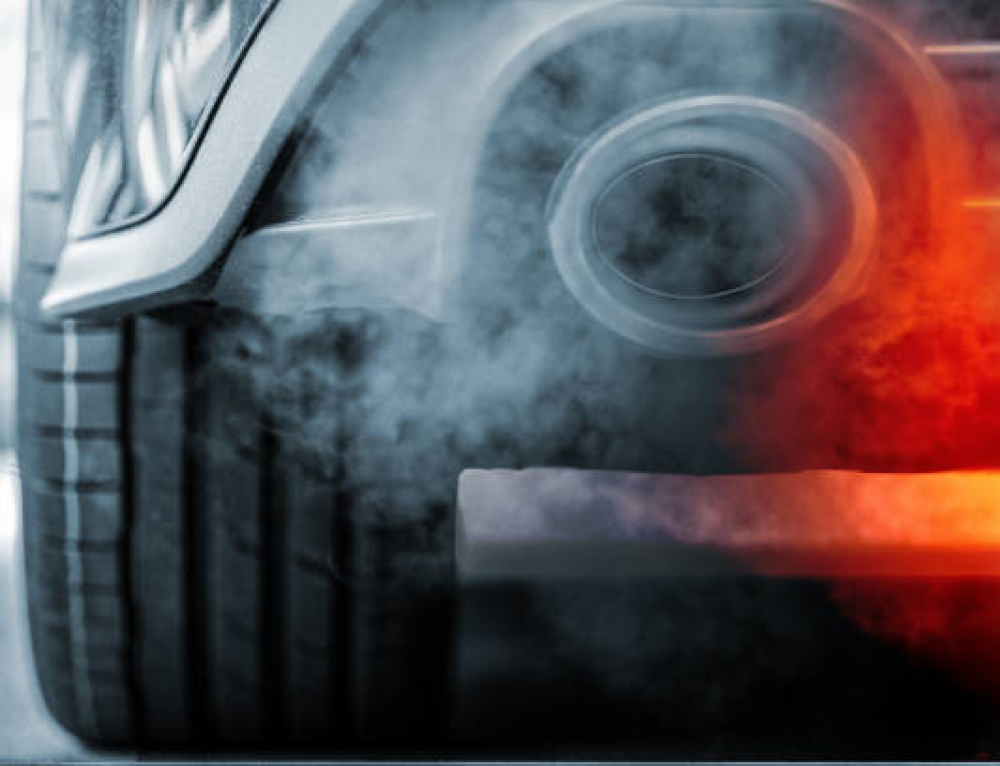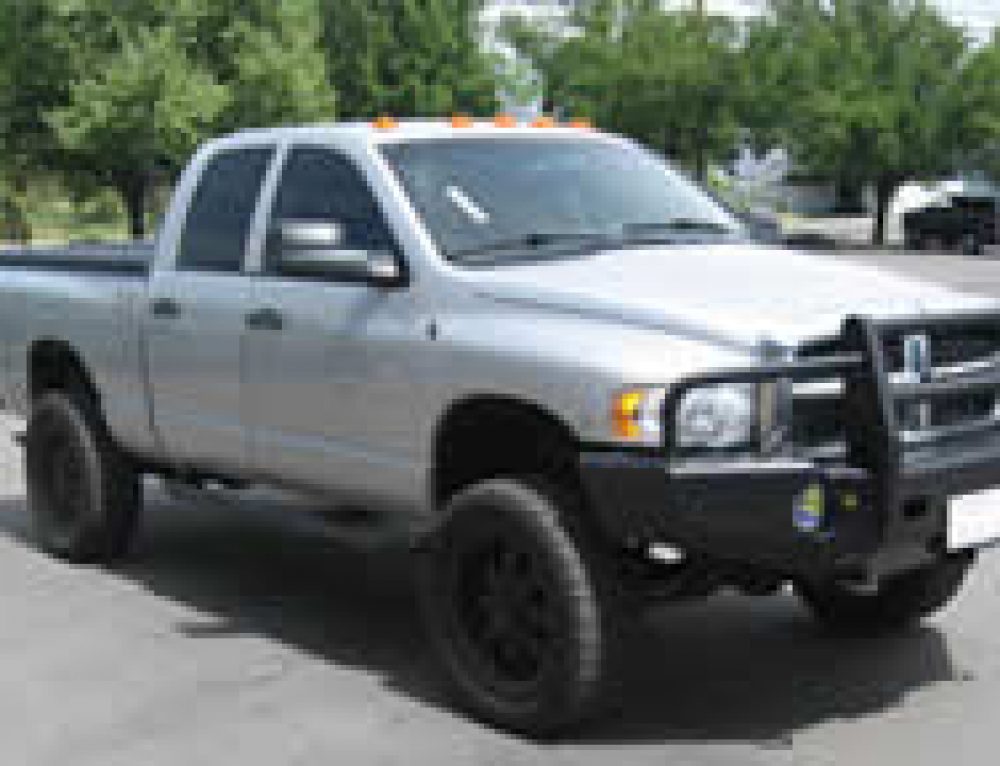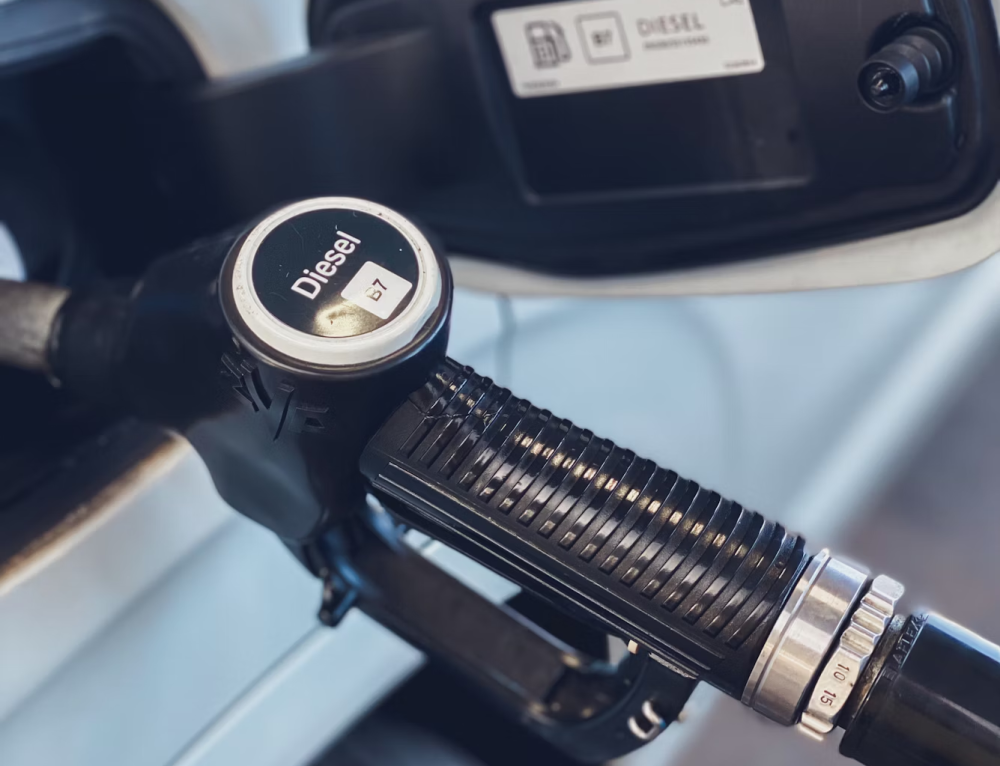There are various reasons why diesel engine overheating can occur. Understanding the causes of diesel engine overheating is crucial because if the reasons are not known, the solution can’t be found. There are simple checks to make if your diesel engine overheats. You should be able to immediately point fingers at the exact source of headache to your diesel engine before calling the mechanic.
You might be surprised that the problem isn’t worth you calling a mechanic. Our team of engineers has put together the top causes of diesel engine overheating that your mechanics wish you didn’t know.
Let’s show them to you.

1. Reduced level of coolant or antifreeze
The responsibility of your engine coolant is to cool your diesel engine and prevent overheating. If there’s any single issue whatsoever with your engine coolant, it will translate directly to your diesel engine overheating. Low coolant level is one of the major causes of diesel engine overheating. This is the first thing to check when your diesel engine overheats.
2. Coolant leaks
At times, your coolant level didn’t just naturally go down. A leakage can be the cause. Among the common causes of diesel engine overheating is a loss of coolant. Yes, due to the high temperature the diesel engine runs at, coolant can naturally evaporate and coolant level drop. That’s normal. But sometimes, the drop can be outrageous. In such cases, you should check out for leakages in the gasket. Before adding new coolants, be sure the coolant loss wasn’t due to leakage.
To do this, you need a bit of easy-peasy practicality. Add some coolant and keep checking the fluid level for an immediate drop. You can also check the ground underneath the engine for signs of any leakage. If you didn’t see any sign, feel free to add more coolants.
3. Check for coolant quality and consistency
Don’t just add your coolant to the system to top it off. That’s careless. There are things to check and confirm before doing so. One of the causes of diesel engine overheating is poor coolant maintenance. You need to check out the coolant quality already inside the system. Matching the quality of the new coolant to the coolant already inside the engine is very necessary.
They must be the same in type, color, odor, acidity, and mixture combination. A shift from consistency will have a negative impact. Two different coolant mixtures may have different boiling points and will eventually cause overheating.
If the coolant available to top off is different from the one already in the engine, flush the old coolant from the cooling system. Add the fresh one and make sure it is free from dirt and debris.
4. Malfunctioning diesel fuel injector
Your diesel fuel is usually released into the engine through the diesel fuel injector. If it is not functioning well, the engine won’t receive sufficient diesel fuel for normal operation. For the diesel to still run normally with the little fuel supplied to it, it has to work extra hard. This is one of the causes of diesel engine overheating.
Placing your engine under such strenuous conditions of overworking will overheat the engine. Most times, the diesel fuel injector isn’t damaged but is rather clogged, preventing the free flow of fuel from it to the engine.
Symptoms that will help you conclude that the overheating is from a damaged or clogged fuel injector are starting issues and poor idling. When any of these signs accompany the overheating, then your fuel injector is probably the cause.
5. Malfunctioning cooling fan
Another common cause of diesel engine overheating is a broken cooling fan. The cooling fan plays a very significant role in stabilizing the engine’s temperature. It sends a specific airflow volume through the radiator to keep it from overheating. One of the causes of diesel engine overheating can be traced back to a malfunctioning fan.
If the cooling fan is damaged, your engine will end up getting overheated quite rapidly. The fan, being an electrical appliance, is subjected to electrical or wiring problems. Sometimes, when the fan isn’t functioning it could also be from the fuse or the temperature sensor. For a damaged fan, it should be quickly fixed by diesel technicians.
If the overheating persists even after the cooling fan has been fixed, then chances are that the cooling fan was wrongly installed. If the fan is installed in the wrong position, it will deliver airflow, but not to the radiator. Probably to the ground underneath the engine (If the fan is facing downwards).
Also, make sure the technician sticks to the OEM fan size. A cooling fan too small for the engine will deliver air, but not enough quantity as needed. The size should meet the OED spec.
6. A faulty radiator hose
The radiator hose is the railway that transports coolants and water to cool the diesel engine. Just like a railway, if broken, trains can’t reach their destinations. That also applies to the radiator hose. The coolants and water won’t reach the hot engine where the heat transfer happens. This is one of the causes of diesel engine overheating—if the fluid can’t properly circulate, the engine won’t cool as it should. Even if it reaches the engine’s hot surfaces, it will keep leaking on its way until it reaches a red level.
This problem is easily detectable and is best handled by changing the radiator hose immediately.
7. Faulty thermostats
The thermostat helps your car engine to know the degree of hotness it is running at. It helps your engine to respond to extreme temperatures. It is a temperature control valve located at the coolant outlet. It opens and closes to regulate the engine temperature.
When the engine gets very hot, it gets the signal and the valve opens to let the cooling agents circulate the engine and cool it off. When the engine is cooled enough, the valve closes. If damaged, they won’t be a response to the extremely hot temperature of the engine. In such cases, the causes of diesel engine overheating may not be properly addressed, leaving you to detect the overheating issue, but not your car. Overheating will only be detected by you but not by your car.
Final Thought
The problem of diesel engine overheating can rapidly escalate if not treated as an emergency. Our advice is that, as soon as you notice overheating, the first thing to do is to switch off the engine. This will prevent an escalation.
The causes of diesel engine overheating can vary, from low coolant levels to faulty thermostats or radiator issues. After turning off the engine, inspect your car to know the urgency of the problem. Is it something you can fix yourself? Will it need you to quickly tow your vehicle to the nearby mechanic? Whatever you decide to do, act quickly.
Phoenix Diesel Repair has been fixing diesel engines for 25 years here in Arizona. We are Arizona’s number one when it comes to anything related to diesel engines. We are fast, professional, and affordable. Reach out to us, and let’s get your diesel engine running again in no time.
Frequently Asked Questions
What are the main causes of diesel engine overheating?
The causes of diesel engine overheating can range from low coolant levels to faulty fuel injectors. Common issues include reduced coolant levels, coolant leaks, poor coolant quality, malfunctioning fuel injectors, broken cooling fans, leaking radiator hoses, and faulty thermostats. Each of these can lead to the engine working harder, ultimately causing overheating.
How do I check for the causes of diesel engine overheating?
To identify the causes of diesel engine overheating, first check the coolant level and look for any leaks. Ensure the coolant quality and consistency match the required standards. Inspect the fuel injectors for clogging, the cooling fan for any damage, and the radiator hoses for leaks. If these components appear to be functioning properly, inspect the thermostat for faults.
Can low coolant levels be the primary cause of diesel engine overheating?
Yes, one of the most common causes of diesel engine overheating is low coolant levels. The coolant regulates the engine’s temperature, and without enough coolant, the engine will overheat quickly. Always check the coolant levels when you notice your engine running hot.
How can coolant leaks contribute to the causes of diesel engine overheating?
Coolant leaks are a significant cause of diesel engine overheating. If there’s a leak in the radiator or hoses, coolant won’t flow efficiently, leading to an increase in engine temperature. A drop in coolant level due to leakage is often an indicator that overheating will follow.
Can a malfunctioning cooling fan be one of the causes of diesel engine overheating?
Yes, a malfunctioning cooling fan can be a leading cause of diesel engine overheating. The cooling fan plays a crucial role in keeping the engine cool by circulating air through the radiator. If the fan is broken, the engine will overheat quickly.





